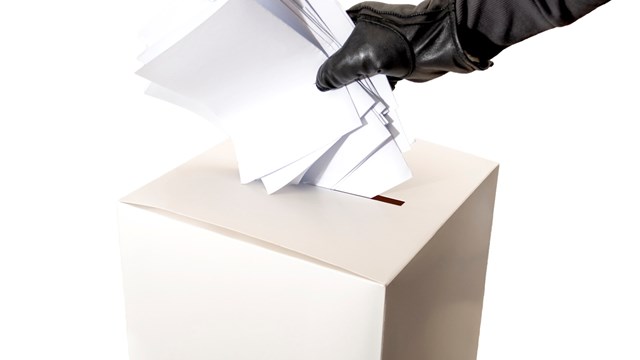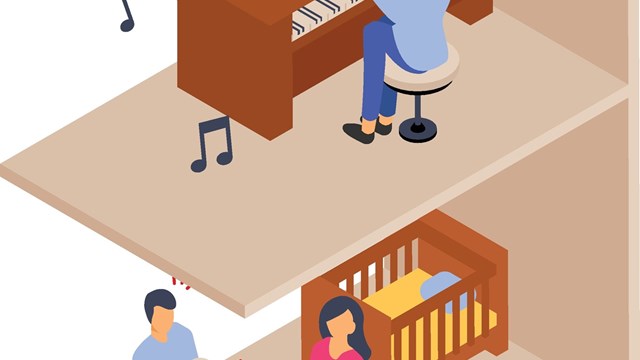Q I live in a high-rise co-op on the Upper East Side and have a situation where my neighbor two floors down built a terrace and installed six string up-lights, for "landscape" lighting, which shine up into my windows. They leave the lights on all night and day. Prior to the light installation, the exterior area was pitch black at night. I am constantly awakened at 3 a.m. thinking it's morning. Is there any local ordinance which prevents them from keeping their lights on all night long? My co-op board and management company have had a difficult time dealing with these shareholders, who claim that they need the lights for 'safety'—although their apartment is not at ground level and faces the rear of the building. The co-op board suggested that they install a timer, and almost eight months later they have yet to install one.
—Sleepless in New York
“The right to utilize this provision of the proprietary lease is in the hands of the board, however, and if the board has decided not to do so, they may very well have the right to make such decision and to take no action. This is especially true if the board believes that the lights really do enhance the safety of the building. Under the "business judgment rule," a board may take action (or refuse to take action) and the courts will not second guess the board, provided that the decision is made by the board within its scope of authority, in good faith, and in the lawful and legitimate furtherance of the co-op's purpose.
“If, as indicated in the letter, the board does believe that a timer may be appropriate, the board certainly has the right, under the previously mentioned "nuisance" provision of the proprietary lease to force the issue. But this is the board's right, and typically a shareholder cannot use the lease to bring an action against another shareholder.
“Finally, the writer should be aware that mediation may work in this situation. The New York City Bar, for example, makes mediation available for just such situations. If the board can convince the offending shareholder that his/her choice is either a lawsuit or mediation, the shareholder might accept mediation, and while not binding, it may be just the impetus needed to convince the offending shareholder to do the right thing. If all else fails, a good set of opaque blinds may be the only other alternative for the shareholder who made the inquiry.”







Leave a Comment